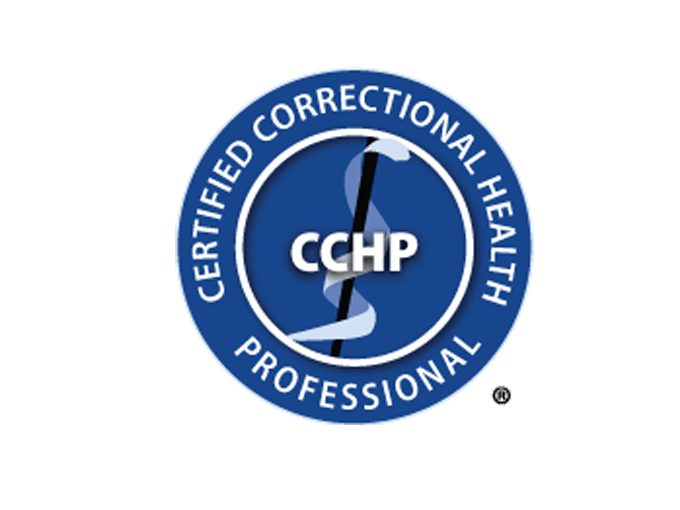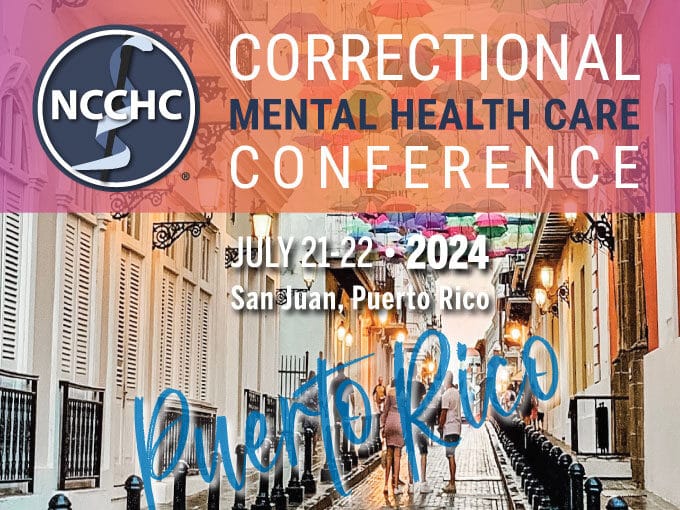
Standards Q&A: 75% Custody Health Training Requirement
Does the 75% requirement refer to all custody staff or only those working during
Home MOUD in Corrections: Saving and Changing Lives
 Mar 23, 2021
Mar 23, 2021Whitney was six months pregnant and struggling with opioid use disorder (OUD) when she got to jail. But the jail did not provide her with access to treatment with methadone or buprenorphine, the well-established standard of care in pregnancy, and instead she went through withdrawal — which is contraindicated in pregnancy. After several days in withdrawal, she stopped feeling her baby move and had to be transported to the local hospital, where they initiated her on buprenorphine. A judge then released her from jail because of concerns she wouldn’t be able to continue the treatment she needed in jail.
Whitney, a real patient, is like so many people in our criminal legal system — suffering as part of the nation’s opioid epidemic. The prevalence of OUD among people entering correctional facilities is high, and while this presents challenges for prisons, jails, and detention facilities, it also yields enormous opportunities — for the facility, for the individuals, and for society. Providing medications for OUD (MOUD) in custody, with all three FDA-approved medications (methadone, buprenorphine, naltrexone), is a proven strategy that saves lives. People leaving prison without MOUD treatment are 40 times more likely to die from drug overdose when they return to their communities compared to the general population. One study estimated that nearly 2,000 lives could be saved annually in the United States if all people with OUD had access to medication treatment in custody. Providing MOUD in custody, then, clearly has a societal impact.
This is why NCCHC released a new position statement, Opioid Use Disorder Treatment in Correctional Settings. The position statement highlights the benefits of providing MOUD to people while they are in custody. It emphasizes that we see OUD as a chronic illness, and that correctional facilities have an important role in providing access to continuing and initiating treatment, just as they do for people with diabetes or other chronic illnesses. Evidence shows that there are benefits both for the individual in terms of reducing their chance of death and improving long-term health outcomes and for the correctional facility with fewer disciplinary infractions and lower recidivism.
Provision of MOUD offers potential for transforming the lives of people living with OUD. For correctional health professionals treating people with OUD, this work can be inspirational. The position statement also describes how behavioral treatment, mental health care, and social resource support are important strategies for optimizing the success of OUD recovery, along with MOUD.
Implementing MOUD in custody is no small task. The regulations and logistics around providing these medications can be complex, as can ensuring systems of linking people to care in the community. Each jail and prison system has to adapt systems according to their environment and capacity. Destigmatizing OUD and its treatment is also an important step in successful implementation so that correctional staff can support these efforts.
Despite the challenges to implementing MOUD, it is not insurmountable. Many successful models exist, as does technical assistance to guide correctional facilities. This is an opportunity for health care professionals to make a difference in the lives of patients they care for. The time is now for correctional facilities to ramp up efforts to provide MOUD for people, so people like Whitney get the treatment they need and so we can save lives.
By NCCHC Board Members:
Carolyn Sufrin, MD, PhD, Johns Hopkins University School of Medicine (Representative from American College of Obstetricians and Gynecologists)
Kevin Fiscella, MD, MPH, CCHP, University of Rochester (Representative from American Society of Addiction Medicine)
Additional Resources:
Opioid Use Disorder Treatment in Correctional Settings
Free Virtual Spring Conference on Correctional Health Care – General Session on April 28: Fighting Opioid Use Disorder From Overdose to Reentry: How Public Health Practices Can Inform Public Safety
On-demand Webinar: Updates on Opioid Withdrawal Management
Jail-Based MAT: Promising Practices, Guidelines, and Resources for the Field


